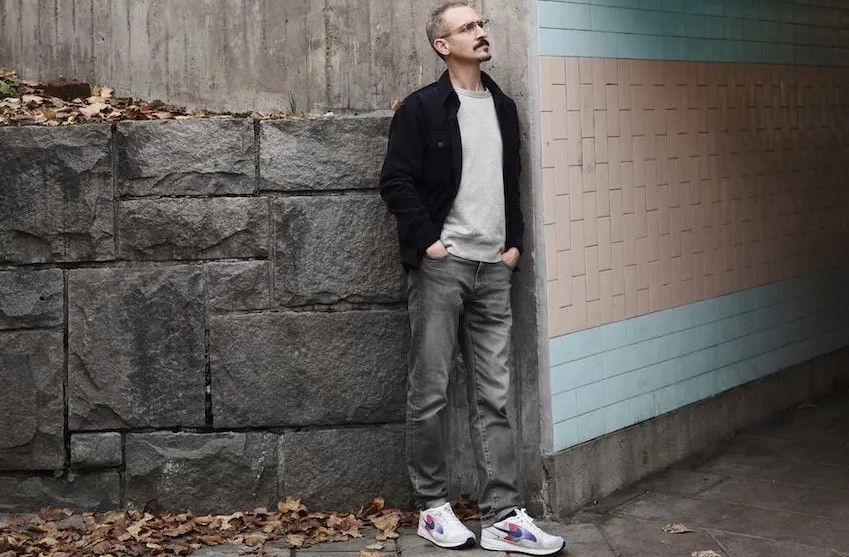How did Sweden end up with its zero-tolerance attitude to drugs? (for many Swedes pot equals heroin)
Sweden has one of the most conservative attitudes to narcotic use in the world. But as recently as the 1940s, the use of amphetamines was not only legal but encouraged. We spoke to Johan Wicklén, author of a book on Sweden's zero-tolerance policy.
https://www.thelocal.se/20230503/how-did-sweden-end-up-with-its-zero-tolerance-attitude-to-drugs/
https://archive.is/5Wdiw

Wicklén, a prize-winning journalist for Sweden's public broadcaster SVT, last year published a book on the history of Swedish drugs policy titled
Vi ger oss aldrig, or "We will never give way", subtitled: "This is what happened when Sweden lost the war on drugs". Generations of Swedes, Wicklén argues, have been through a process of indoctrination on drug use and drug policy, making it difficult for policy makers today to propose more rational, pragmatic solutions to the problem.
"Indoctrination", he admits in an an interview for the Sweden in Focus podcast, is "a word you're not supposed to use recreationally. But in this case, I worked on my book for two and a half years. I've been deep down the archives. I've have done my due diligence. And it's absolutely has been an indoctrination process, and you can see it in a million ways." He said that since the late 1960s, government after government has constantly sought to drill a zero-tolerance message into the public mind.
"What you can see is different amounts of political propaganda in different time periods, sometimes harder, sometimes a bit softer. But information has always been a big part of this, up until maybe the middle of the 1990s," he reports. People who went to school in the 1980s were particularly heavily indoctrinated into the idea that all illegal drugs are dangerous, with cannabis use inexorably leading to heroin addiction, and a zero-tolerance approach the only political solution. "There's a big generational gap. It's really easy to see which generations have been through this indoctrination process," Wicklén said.
Sweden's hardline stance on drugs was set in the late 1970s, Wicklén reports. "That's when the authorities formulated the idea of a drug-free society. That's when we were starting to distance ourselves from a lot of other countries. The policy is restrictive: that means that illegal drugs are not tolerated in any way. In the 1970s, our politicians stipulated that non-medical drug use was foreign to Swedish culture. It could never be tolerated." Surprisingly in the 1920s, cocaine use was widespread and in the 1930s and 1940s use of amphetamines, which Wicklén describes as 'the most Swedish drug of them all' was positively encouraged.
snip
related (two podcast interviews on this subject)
